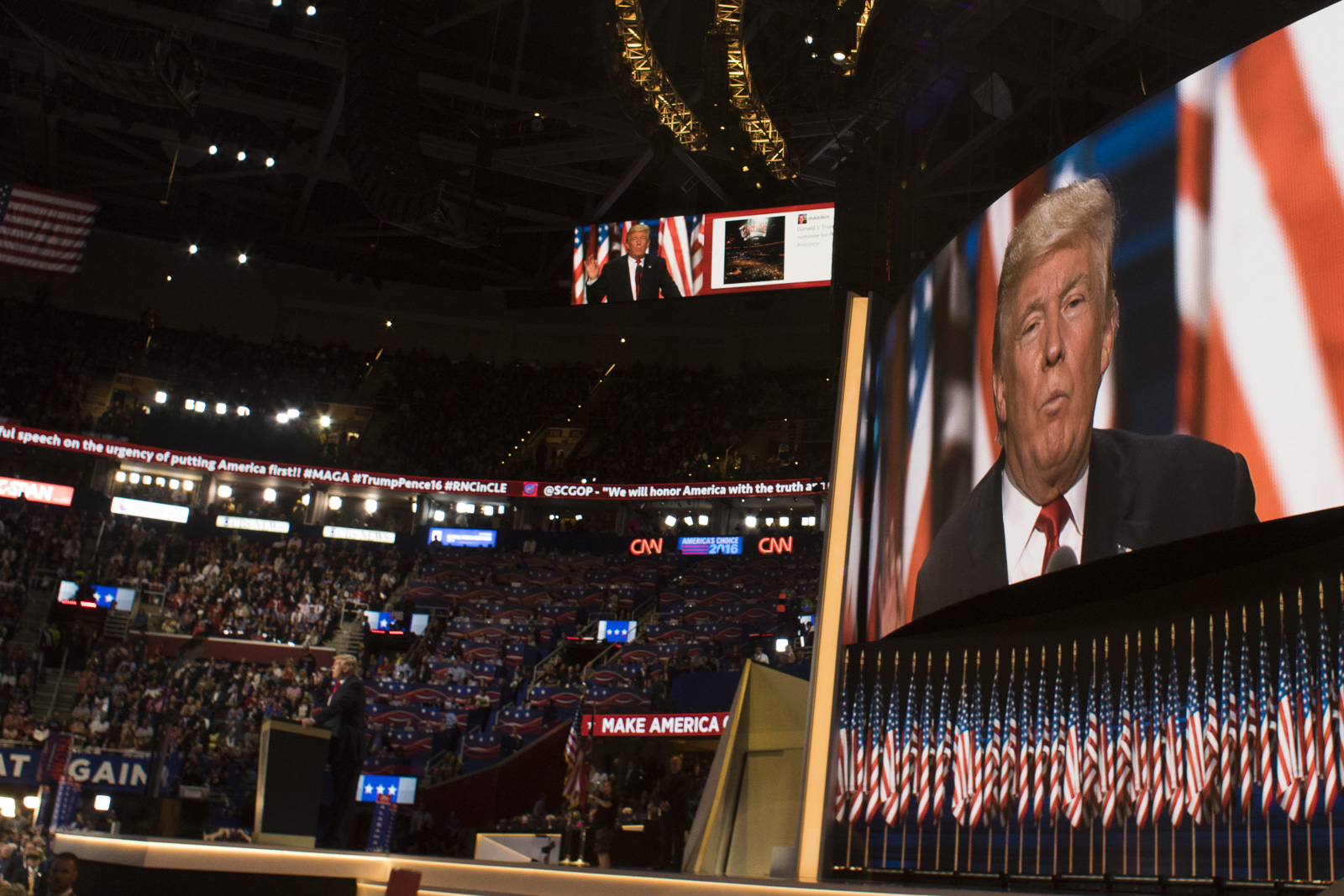Trump’s victory was years in the making
By Todd Eberly
Freestater Blog
A few years ago I published my first book – American Government and Popular Discontent with Steven Schier. In it, we attempted to explain what factors led to a collapse in confidence in government and recurrent populist uprisings in America.
Though neither Steve nor I predicted that Donald Trump would win the presidential election neither of us were surprised by his victory or by the populist uprisings that took place in both party primaries.
Trump’s victory was decades in the making and the signs of a victory like his were there for years.
We write in the book that whenever national difficulties mount, popular anger focuses on professional governing elites. Contrary to accepted opinion with regard to the current era, these populist uprisings are in fact an established aspect of the current American political system. A system not marked by unpredictability, but rather by an era of stability in which the elections of 1974, 1980, 1994, 2006 and 2010 – in which popular discontent led to major electoral shifts — are recurrent features of a larger electoral pattern.
Popular resentments seem to have burgeoned in recent years. After six years of Republican rule in Washington, the voters swept the GOP from congressional control in 2006. The 2008 election produced a change in party control in the White House.
The Tea Party movement of 2009, begun in response to the expansive spending and regulatory policies of the Obama administration, brought the GOP back into control of the House of Representatives.
The Occupy Wall Street movement emerged in late 2011 and quickly spread to major cities throughout the United States. Declining voter turnout accompanied President Obama’s narrow 2012 election victory.
High unemployment and low economic growth contributed to low public esteem of government in recent years. Popular distrust and discontent had risen to new and possibly dangerous highs.
The electorate pushed back
The size and scope of what happened Nov. 8 points to a systemic reaction by the electorate. It was the manifestation of years, in fact decades, of rising levels of discontent by a growing number of disaffected voters.
It is our guess that the present system will persist and will have to be the source of solutions for America’s fiscal and economic problems. The solutions will either come from endogenous leadership “from within” or will be imposed by exogenous crises “from without.”
Internal leadership occurs only with a new president and a supportive Congress – think Reagan in 1981 or Obama in 2009 – but those circumstances are fleeting.
If the crisis comes from without, we can only guess at its timing and scale.
Will Americans ever come to trust this thick national political system dominated by professionals? Ultimately, it depends on the system’s results.
If the nation’s fiscal and economic problems produce broad rethinking and the use of experimental evidence as the basis for policy, better results are likely to ensue. Better policy results may boost popular trust. And, if trust re-surges, a new American political system will again be born.
That’s a pretty big “if.”
Todd Eberly is associate professor of political science at St. Mary’s College of Maryland.

MarylandReporter.com is a daily news website produced by journalists committed to making state government as open, transparent, accountable and responsive as possible – in deed, not just in promise. We believe the people who pay for this government are entitled to have their money spent in an efficient and effective way, and that they are entitled to keep as much of their hard-earned dollars as they possibly can.

